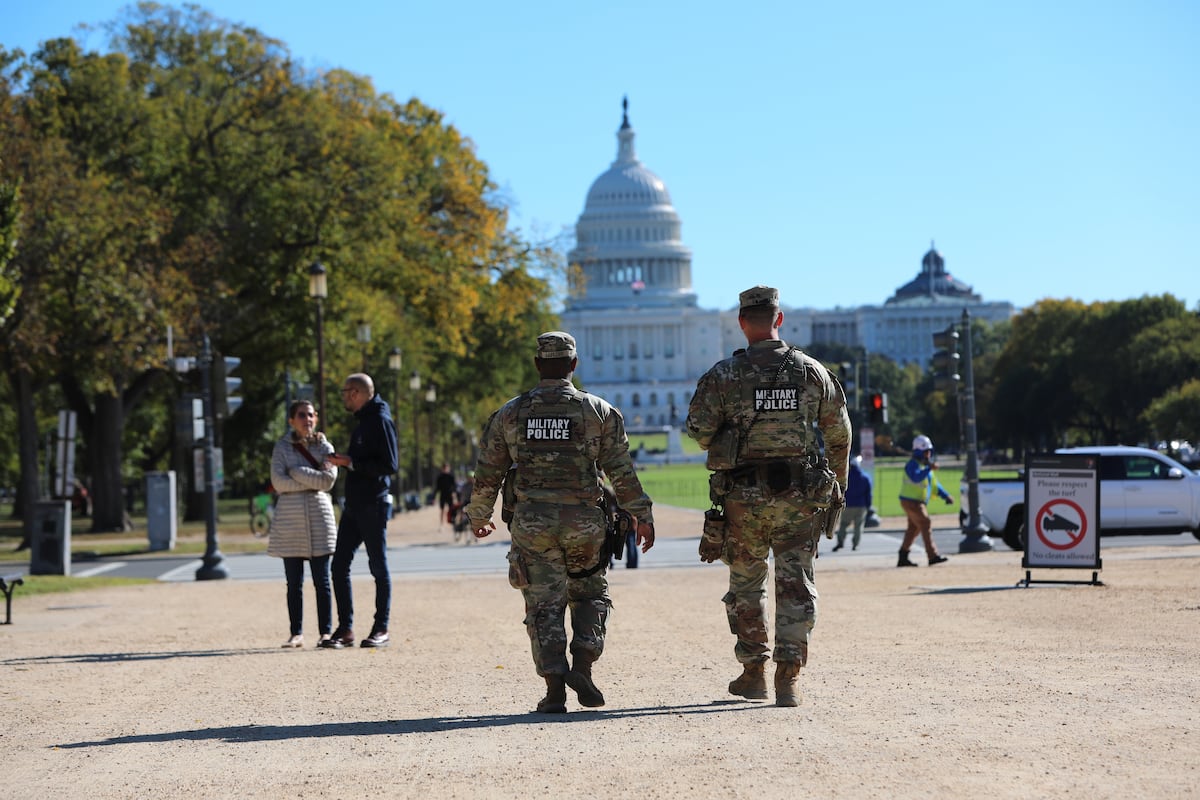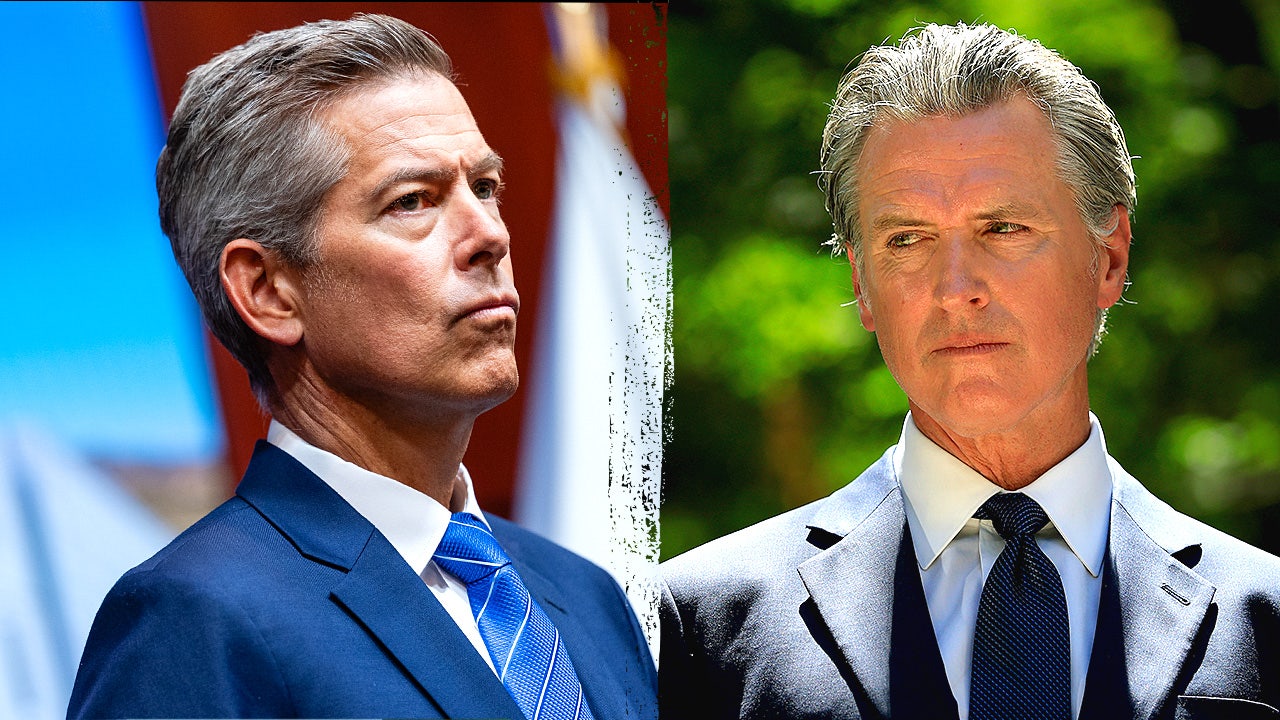WWII book explores why there wasn’t just one V-E Day, V-J Day
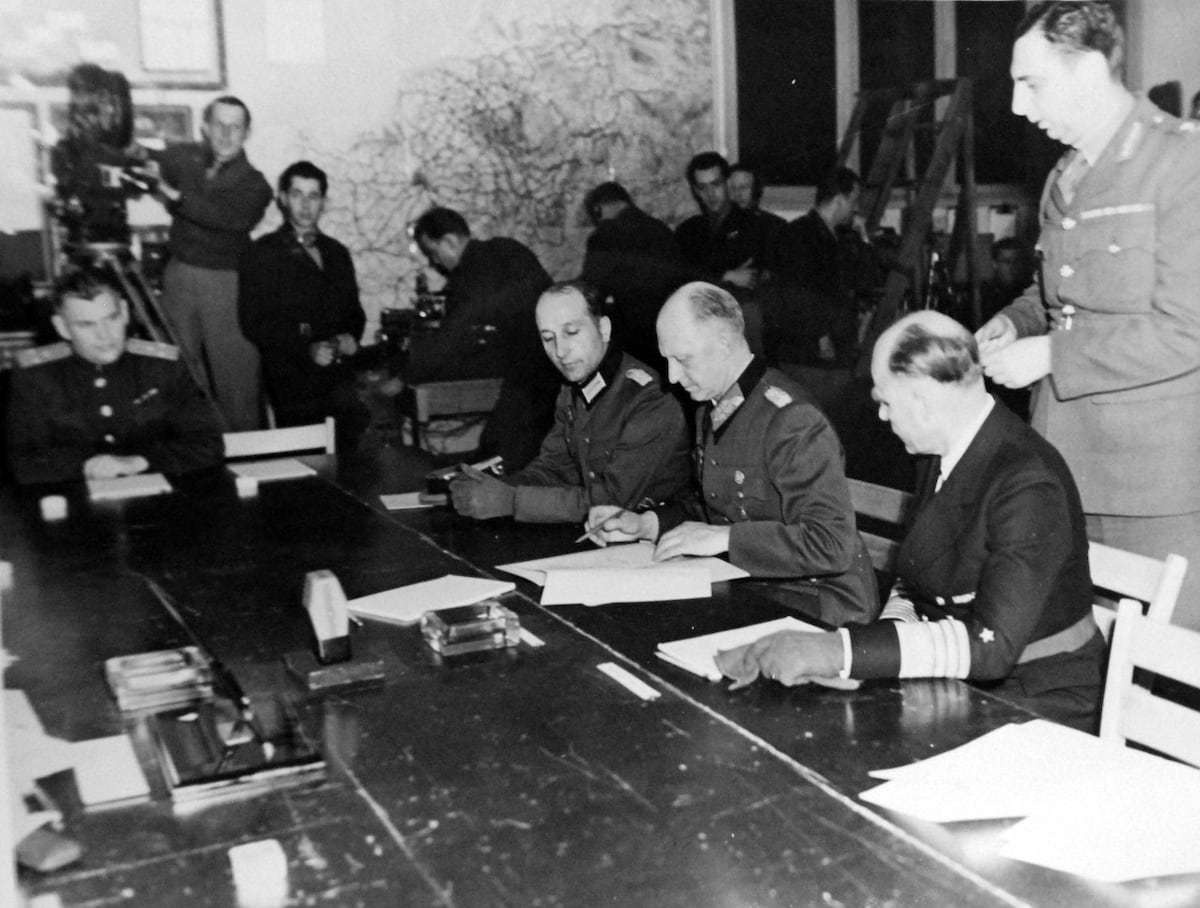
In 1945, after six years of devastating conflict, World War II was drawing to a close. But it was more than, as historians James Holland and Al Murray write, the muddy tent in Reims or the triumphant spectacle aboard the battleship Missouri.
The conclusion of the Second World War saw no less than eight dramatic surrender ceremonies — six in Europe and the last two in Japan.
Together, the co-hosts of the popular World War II history podcast, “We Have Ways of Making You Talk‚” detail the human drama behind the conclusion of the deadliest conflict in human history in their new book, “Victory ‘45: The End of the War in Eight Surrenders.”
Holland recently sat down with Military Times to discuss one German general’s personal battle to save his own neck at war’s end; President Harry Truman’s decision to drop the atomic bomb on Japan; and a Jewish private’s haunting memories of liberating Mauthausen’s sub–concentration camps.
This interview has been edited for clarity and length.
What compelled you two to team up to write about these particular series of events?
We were gearing up to cover it on our podcast and then it was actually Al’s idea. Neither of us wanted to do stories about ticker tape falling on Times Square, sailors snogging girls and that lot. What we wanted to do was actually look at the kind of stories behind the surrenders and sort of pitch them all together because it was a really odd end, the end of the war.
It’s fascinating that V-E Day, May 8, is the one day where there isn’t actually a surrender, for example. Then you’ve got Japan as well. So there’s lots going on. We wanted to look at this through the prism of a range of different people, some obviously incredibly well-known — whether it be Eisenhower, Churchill or Hitler — and other lesser-known figures as well.
I think the story behind the surrender in Italy [Operation Sunrise], for example, very few people know that. It’s so bonkers you literally couldn’t make it up. Where’s Quentin Tarantino to make a film out of this when you need it?
I was also really, really struck by Jonathan Wainwright’s story. He was told that [Gen. Douglas] MacArthur was going to get off Corregidor and that he was going to have to take over and that meant he was going to have to surrender the American forces in the Philippines. And then there he is standing behind MacArthur on the USS Missouri on Sept. 2, 1945 … but what’s happened between then and March 1942, [when MacArthur left Corregidor], you know?
[Wainwright] comes across as such a decent, honorable man. I think that’s the other thing that’s really struck me amongst the Allies. There are some fantastic people, some incredibly highly principled people. At the moment, you can put a question mark amongst some certain world leaders about their integrity, their sense of duty, their sense of honor and decency. You can’t challenge President Harry S. Truman on that, for example.
Whatever you might think of [Truman], his heart, his mind is absolutely in the right place. He steps up in a moment of what to do about the bomb. How are you going to avoid a mainland invasion of Japan? What do you do about the growing problems with the Soviet Union as the war in Europe comes to an end, etc. So I thought to try and look at all that was really interesting.
The same goes for the Holocaust. By the end of the war, you can’t avoid it. All of these camps are being unearthed, discovered. However, during much of the war, the vast majority of Allied troops, for example, are not thinking, “I’m doing this to save the Jews from the Holocaust.” But they do learn that afterwards, and it gives a completely fresh meaning to what they were fighting.
There’s some very, very famous American units in the Second World War, but who has ever heard of the 71st Infantry Division? No one. So I liked the idea of having the story of an unknown New Jersey [Jewish soldier] fighting in an unknown infantry division who is a liberator rather than victim.
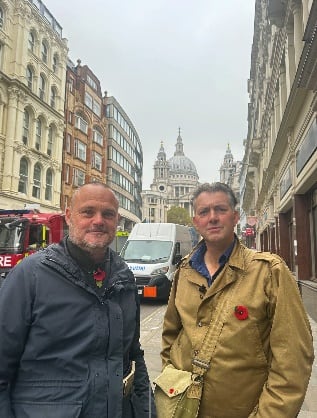
In practice, that final period of the war in Europe was also the beginning of a new phase of the conflict, as troops and the general public alike began to discover the extent of the atrocities they’d been fighting over. How did Alan Moskin’s war end?
Moskin is part of the 71st Infantry Division and part of the units that are liberating these camps. They get to this subcamp of Mauthausen called Gunskirchern and there are all these desperate people dying, incredibly ill. Just scenes of absolute horror.
Moskin is absolutely horrified as one camp survivor tries to kiss his boots — which have, you know, excrement, mud. He’s repulsed by the whole thing. I think his reaction is very honest. He is horrified, but also repulsed by what he is seeing — that sort of human degradation.
On May 5, that’s when it’s all over in that part of the world. Although the overall surrender hasn’t happened yet, it’s kind of done there. So the next few days is kind of trying to sort out this camp effectively.
After the war, he spends an awful lot of time later in life talking to school children about the Holocaust. In 2017, Moskin met Nandor Katz, who was a 19-year-old prisoner when the 71st Division liberated Gunskirchern. Moskin was just 18 at the time himself. It helped to bring the war full circle for him.
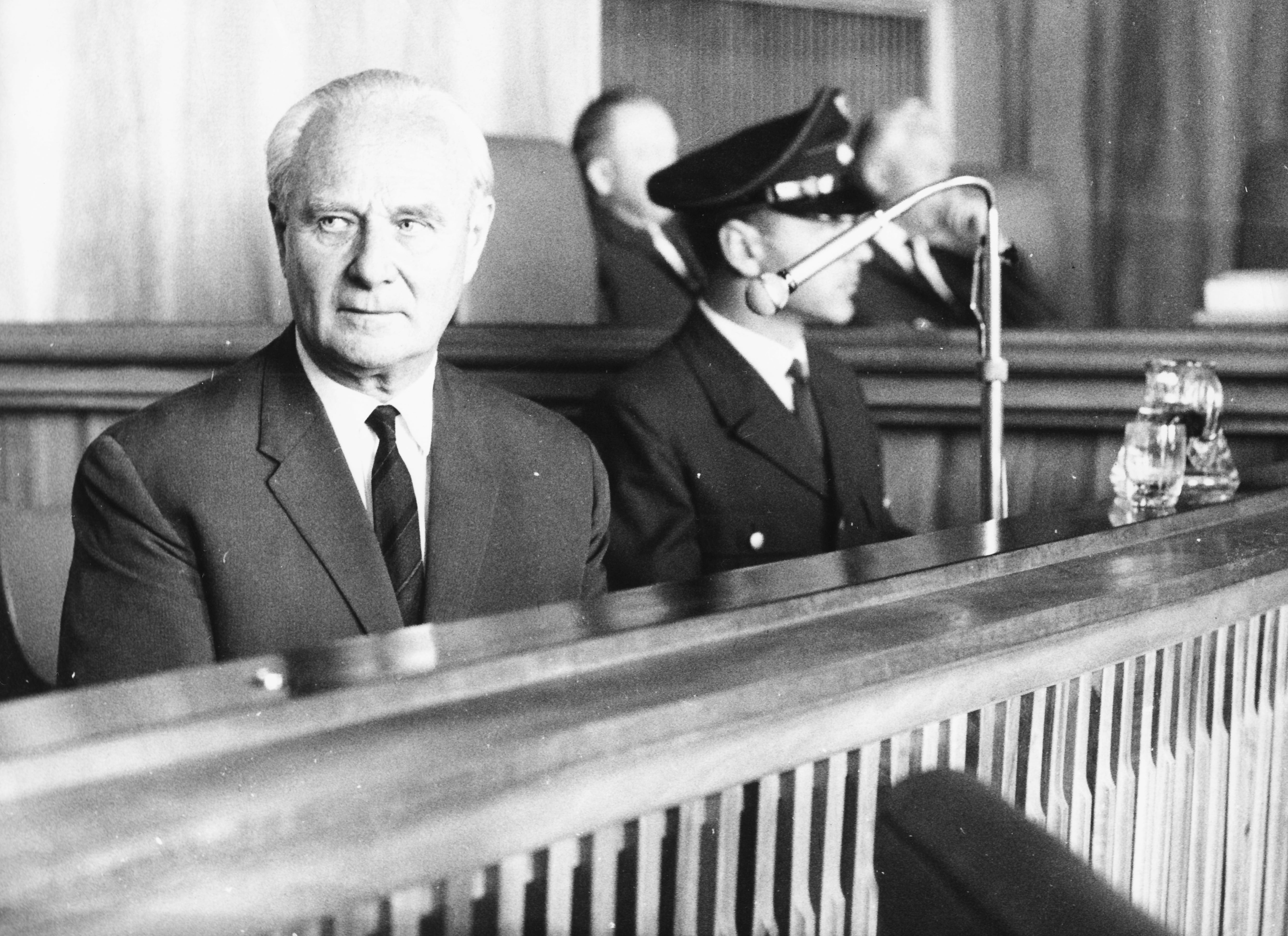
During SS Gen. Karl Wolff’s 1964 trial, the judge dubbed him the “bureaucrat of death.” What would you say his “legacy” is in Italy specifically and the war in general?
Wolff is a smart cookie. He’s very charming. He’s clearly less ideological and more of a chancer. For him, it’s the power, it’s the riches, it’s the high living.
I think that really gets his goat, rather than fanatical antisemitism, or fanatical anti-Bolshevism for that matter. There’s no question that he is trying to get an early peace in Italy. There is no question that he calls off his militias against the partisans in the winter of ’44 into 1945. So that is in the credit box. But he’s also up to his neck in being involved with the Holocaust. He’s a despicable human being who got incredibly lucky to get away with it.
The awful thing about it is when you’re telling these Wolff stories, you kind of find yourself slightly gunning for him, which I always find very, very discomforting.
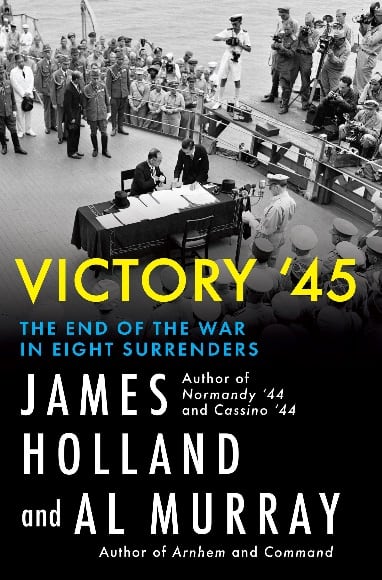
Operation Sunrise itself is incredible — signed at the end of April 1945 in Caserta, Italy — before Hitler commits suicide. Although it did not go into effect until May 2, did this contribute to the Soviets’ desire for the May 9 surrender?
Well, I think it does play a part. But I think their outrage is slightly overblown. If the tables were in reverse, they wouldn’t have consulted the British or the Americans. So their outrage is mock outrage, but they’re using it as leverage. Keep in mind, everything that comes out of Stalin’s mouth has to be taken with a massive pinch of salt. He’s kind of the ultimate snake, really.
V-E and V-J Day are well-known; however, lesser so are the German surrenders on May 2 and May 5. Can you briefly touch on those?
The one [enacted] on May 2 is the first unconditional surrender by German troops anywhere. … It is the surrender of all German troops in Italy. It was signed at a time of enormous confusion. You have this crazy situation where you suddenly have all these German troops in the north of Italy and South Tyrol, and they’re all being corralled by the Americans who are slowly but surely catching up.
And so you’ve got American GIs, military police and Germans side by side directing traffic just because there aren’t enough Americans to go around at that point.
Then the second one is signed on the afternoon of May 4, and then comes into action at 8 a.m. on May 5, and this is a surrender of all German troops in the north of Germany to [British Field Marshal Bernard] Montgomery’s headquarters.
Then the following day, you’ve got the surrender of all German troops in Bavarian Austria to the 6th Army Group. So that’s Alexander Patch, the 7th Army commander, and Jacob Devers, who is the Army group commander. So those are the ones beforehand.
At that point, it becomes absolutely clear that it’s all over. The really weird thing is that the “new” German high command is trying to keep the war going to try, in their eyes, save as many German troops as they possibly can from having to surrender to the Red Army, and instead surrender to the West.
But the idea that 3 million troops facing the Russians are all going to be able to get across this one tiny bridge across the river Elbe, which is about 50-60 miles west of Berlin, is just absurd.
The gross delusion of the German high command, I think, is just truly astonishing.
You deal with many personalities in this book — many seemingly larger than life, like Montgomery and Eisenhower. But you also have President Harry Truman who is thrust into this position of power and has to make perhaps the most important decision of the 20th century. Today, there are still ongoing discussions about whether the Americans should have dropped the bomb or not. To you all, how justified was he in his decision?
I actually think there is some validity to that argument as well. If I’m brutally honest, it’s an incredibly tough decision, because he knows that the moment you fire an atomic bomb, you’ve changed the world forever. There can be no change, no going back from that.
So the other way of looking at it is, “What’s the alternative?” The alternative is besieging the Japanese home islands, which the U.S. Navy and Allied navies could do. … But just think about how many people would have been starved to death that way.
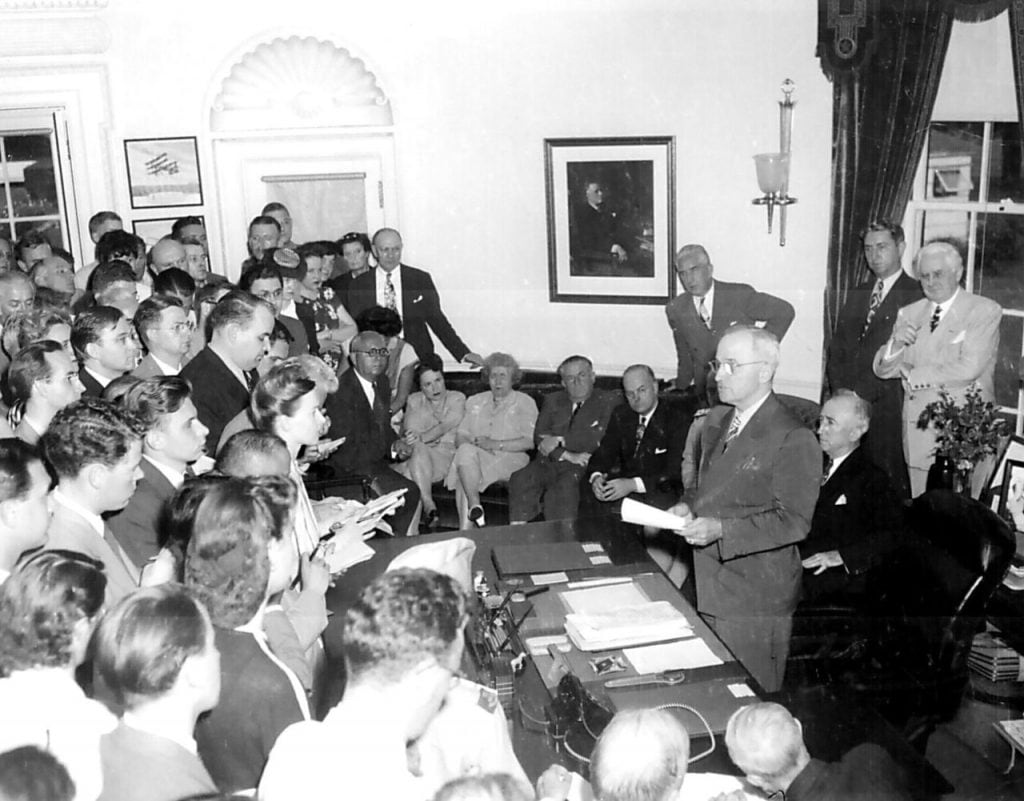
The alternative, then, is invading Japan itself. The Japanese have already taunted the Allies on that, saying publicly that every single person in Japan would be mobilized against them. So that is prompting the notions of a couple of million casualties at least, which comes on top of the Western war.
That’s a huge burden to have to shoulder.
Or, you can drop a bomb, which kills no one on your own side but wipes out a city and then see what happens. They do, and Japan still doesn’t surrender. So then they drop another one.
I can see why Truman made that decision. I can see that the alternatives were possibly worse, in terms of loss of life.
Are there any small tidbits from the surrenders that particularly stand out to either of you?
I think [Gen. Dwight] Eisenhower refusing to have anything to do with the Germans’ delegation in Reims was really interesting. … And also in the kind of, you know, duel between [Ernst] Kaltenbrunner and Wolff, that sort of absolutely insane shootout that almost happens near Prague, where they’ve got prominent and VIP prisoners. The sort of craziness of an MI6 officer being in the same bedroom as two German generals, you know, one of whom is the architect of The Hunger Plan, which was going to potentially kill millions in the Soviet Union.
There’s so many incidents that just sort of seem mad and nuts. It’s hard to get your head around after such a long war. You would have thought everyone would just want to get it over and done with, but it’s nothing as straightforward as one might think. I think that’s been fascinating to deep dive on.
Claire Barrett is the Strategic Operations Editor for Sightline Media and a World War II researcher with an unparalleled affinity for Sir Winston Churchill and Michigan football.
Read the full article here







